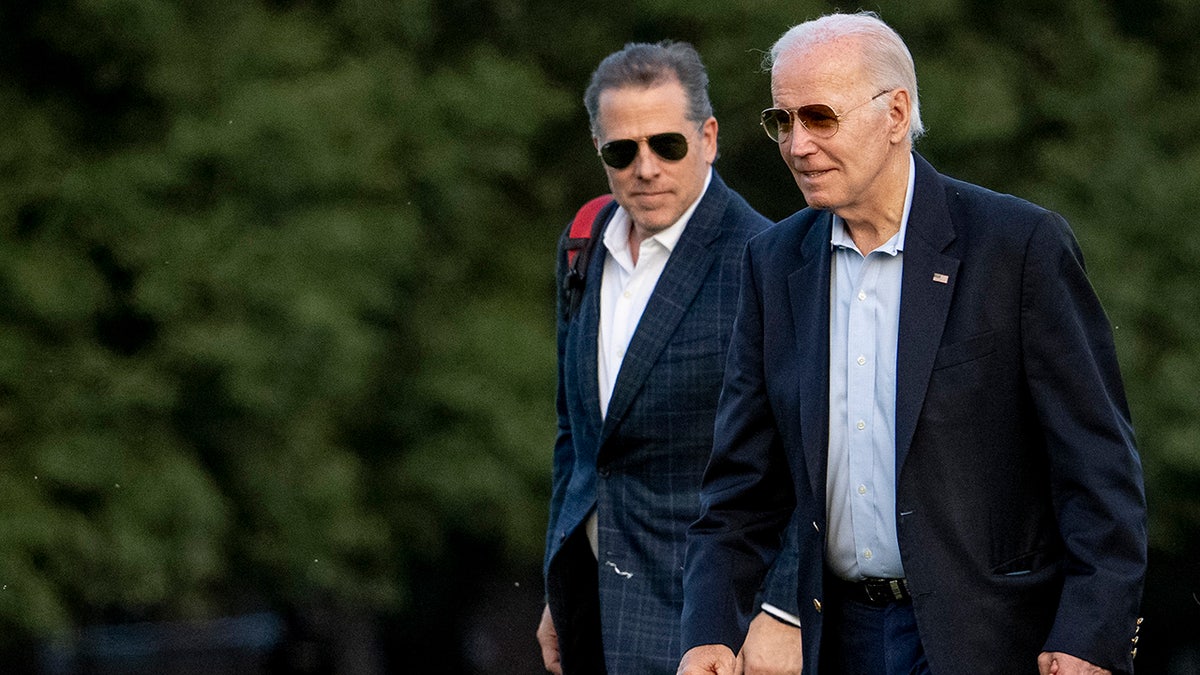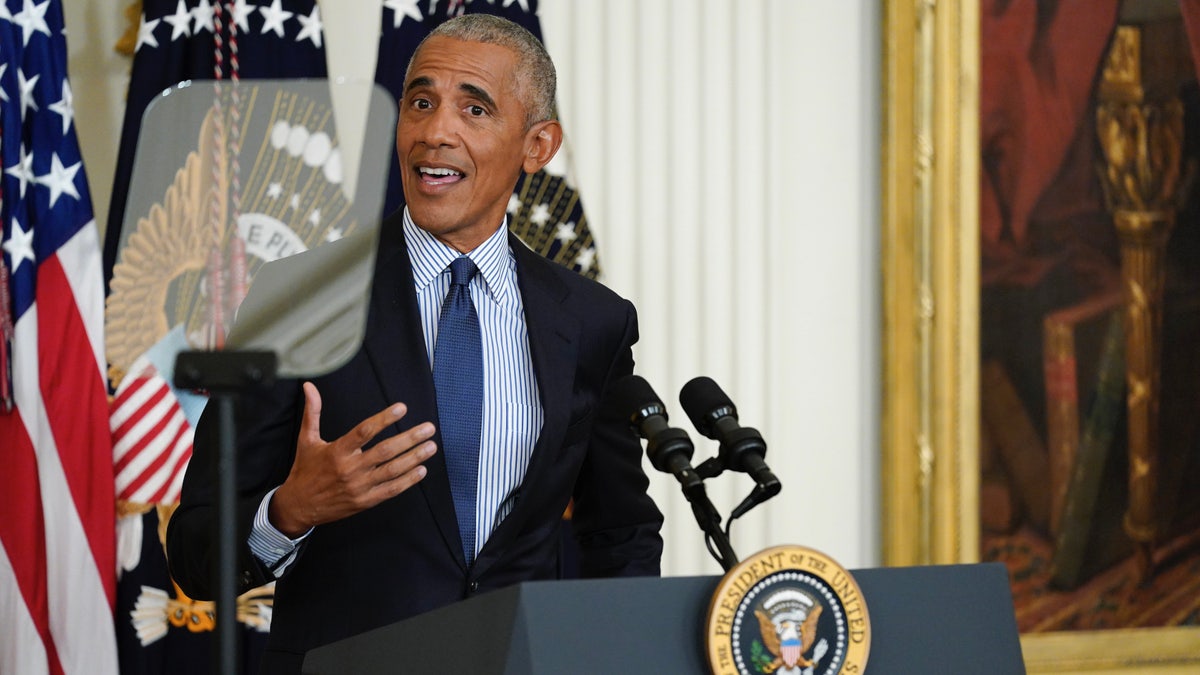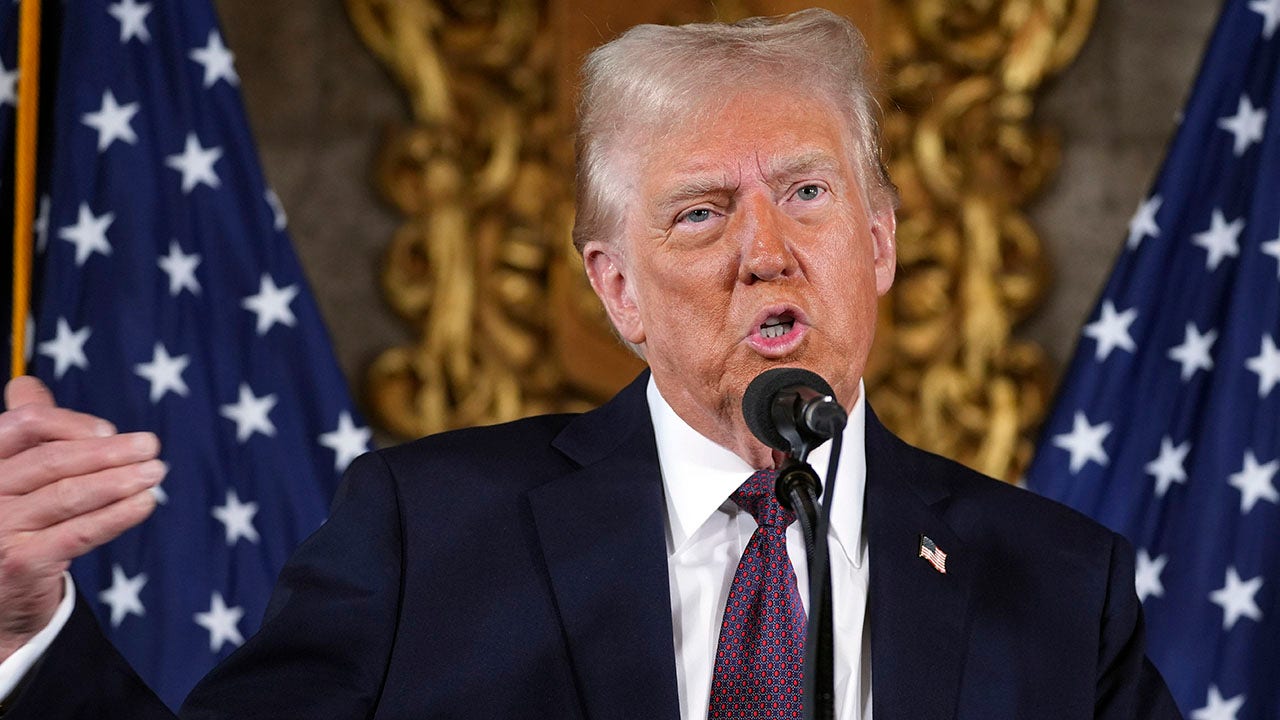President Biden made history last week when he commuted the sentences of nearly 1,500 prisoners and pardoned another 39 people – sparking mixed reactions from lawmakers, including Democrats, who noted that his actions far outpace the clemency actions of any other U.S. president serving his first term in office.
In a statement last week announcing the new clemency actions, Biden said America “was built on the promise of possibility and second chances.”
“As president, I have the great privilege of extending mercy to people who have demonstrated remorse and rehabilitation, restoring opportunity for Americans to participate in daily life and contribute to their communities, and taking steps to remove sentencing disparities for nonviolent offenders, especially those convicted of drug offenses,” Biden said.
Biden’s lengthy list sparked mixed reaction from some lawmakers and criminal justice reform advocates, who questioned the administration’s decision-making in determining prisoners that were eligible for clemency.
BIDEN CLEMENCY ANNOUNCEMENT GETS MIXED REVIEWS ON CAPITOL HILL: ‘WHERE’S THE BAR?’
The Biden administration told CNN that the decisions on who could be included were not made on an individual basis, but rather, was a “uniform” decision granted to people with a record of good behavior while on house arrest.
That includes former Illinois city comptroller Rita Crundwell, who, in 2012, pleaded guilty to a nearly $55 million embezzlement scheme, and former Pennsylvania judge Michael Conahan, who was convicted in 2011 for his role in a “Kids-for-Cash” scheme, in which children were sent to for-profit detention centers in return for millions of dollars of kickbacks from the private prisons.
A full list of individuals included in Biden’s most recent clemency action can be found on the Justice Department website. The White House did not immediately respond to Fox News’s request for comment on its decision-making in issuing presidential pardons.
Biden’s decision to include Conahan on his list of prisoners granted clemency was sharply criticized Friday by Pennsylvania Gov. Josh Shapiro, a Democrat who had been considered on Vice President Kamala Harris’ short-list for running mate earlier this year.
Shapiro said Friday he thinks Biden got it “absolutely wrong” in granting clemency to Conahan, saying the decision has “created a lot of pain here in northeastern Pennsylvania.”
“Some children took their lives because of this. Families were torn apart,” Shapiro said of the for-profit detention center scandal.
BIDEN STIRS OUTRAGE IN SCRANTON BY COMMUTING ‘KIDS FOR CASH’ JUDGE’S SENTENCE

Before leaving office in 2017, President Barack Obama granted clemency to 1,927 individuals during his two terms as president – the highest total of any modern president going back to former president Harry Truman, also a Democrat, according to a Pew Research Center analysis of Justice Department data.
Truman, who served as president from 1945 to 1953, granted clemency to 2,030 individuals during his two terms in office – slightly outpacing Obama’s list.
Franklin D. Roosevelt, who was elected president four times, granted a total of 3,687 pardons, sentence commutations and other acts of clemency during his time in the White House. After Roosevelt died in office during his fourth term, the U.S. Constitution was ratified to limit all future presidents to two terms in office.
Others noted the differences between individuals included on Biden’s clemency list and those who saw reduced or pardoned sentences under Obama.
The vast majority of Obama’s clemency actions focused on commuting the sentences of federal inmates who met certain criteria outlined under his administration’s Clemency Initiative, a program that ended in 2017 when Trump took office.
But critics have noted the stark differences between the number of individuals selected for clemency under each president – and any relationship to a sitting commander in chief.

The Obama administration, for example, largely focused its commutations and reductions on nonviolent drug offenders, including many who had been sentenced under mandatory minimum sentencing laws passed by Congress in the late 1980s.
These clemency grants came under sharp criticism by some Republicans, who accused Obama of imposing his political will to end certain mandatory minimum sentences – which many argued at the time minimized the “lawmaking authority” of Congress.
But Biden’s clemency grants also far outpace his predecessor, Donald Trump, during his first term in office.
Between 2017 and 2021, Trump granted just 143 pardons and 93 sentence commutations – amounting to just 2% of the clemency applications that his administration received, according to available Justice Department data.
Some noted that the individuals selected for clemency during Trump’s first term also appear to bear a very different list of criteria compared to former presidents.
An analysis conducted by Lawfare found that 29 of the 34 pardons granted by Trump were not based on recommendations of the Justice Department’s Office of the Pardon Attorney.
Such recommendations are not necessary for clemency, but presidents in recent memory have relied on the DOJ for input into worthy recipients for pardons and commutations.
Read the full article here











